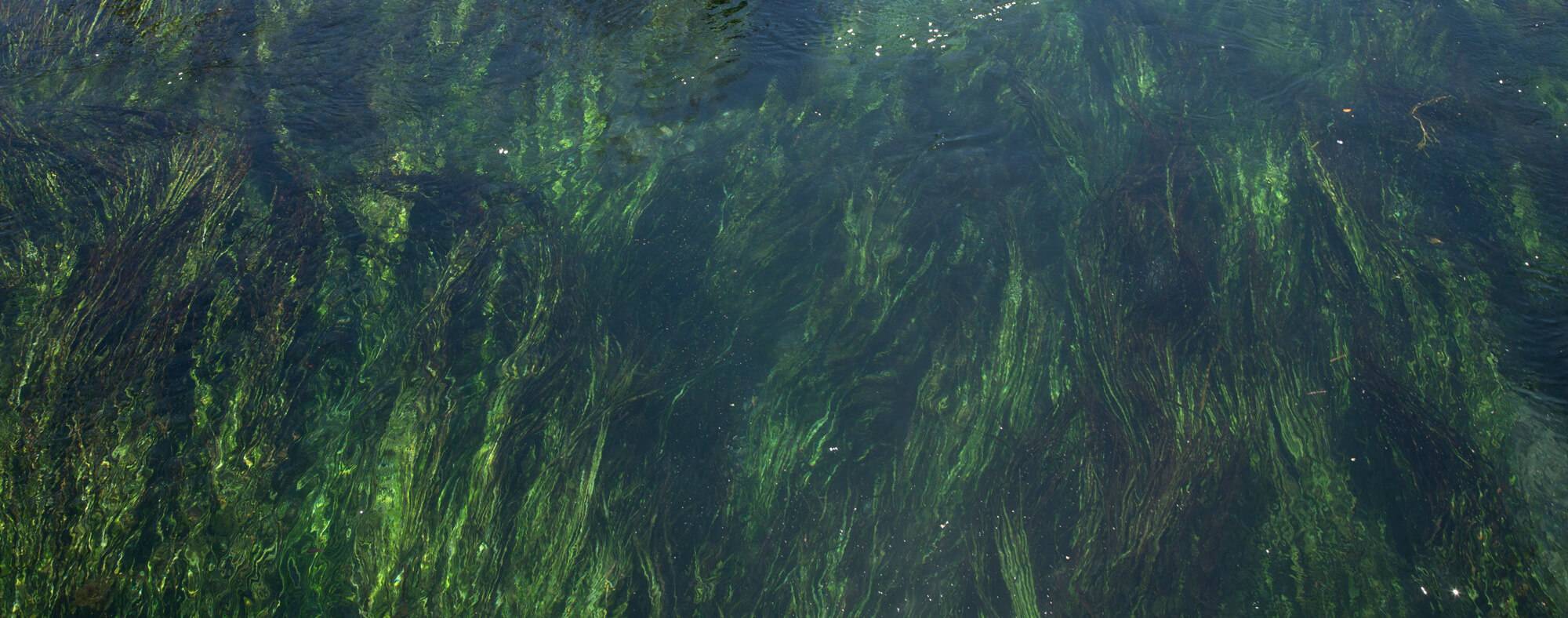Mission
The underlying mission of International Watershed Studies (IWS) is to facilitate research and education within all disciplines relevant to managing freshwater systems, their environmental and socioeconomic linkages, and their ecosystem services for sustainable use in meeting both human and environmental needs. This mission is multi-faceted and interdisciplinary by its very nature, including identifying, acquiring, analyzing and utilizing information and data on the scientific/ technical aspects (which fundamentally define the status and availability of water resources) and the socio-economic/governance aspects (which fundamentally control how humans use these resources) of integrated approaches for managing water resources on a basin level, whether local, national or international.
Objectives
A major objective of International Watershed Studies (IWS) is to facilitate the development of integrated, holistic, practical assessment and management approaches for ensuring the sustainable use of freshwater systems. An equally important objective is the widespread dissemination and utilization of these approaches, including lessons learned in monitoring and analyzing their implementation in water bodies throughout the world, to decision-makers, water managers, scientists, community members and other water stakeholders in order to enhance informed water resources management and policy decisions.
Achieving these objectives includes the following activities:
- Conducting relevant research on topics related to the sustainable use of inland freshwater systems, including rivers, lakes, wetlands, groundwater aquifers, and coastal systems into which they drain, and disseminating the results of such activities via presentations, seminars, publications and reports, short courses, workshops, professional committees and electronic media.
- Providing technical assistance to organizations, agencies, non-governmental organizations (NGOs) and individuals involved in water-related activities and programs throughout the state, the nation and globally.
- Identifying and analyzing scientific, technical, social, institutional, policy, cultural and financial constraints to the sustainable use of freshwater systems, their basins and their resources, as well as the root causes of these constraints, and developing means and approaches for addressing them in a practical, timely and efficient manner.
- Facilitating the environmentally responsible and sustainable use of freshwater systems, consistent with meeting human water demands for survival, well-being and economic development, while also maintaining aquatic ecosystems and their life-supporting goods and services.
